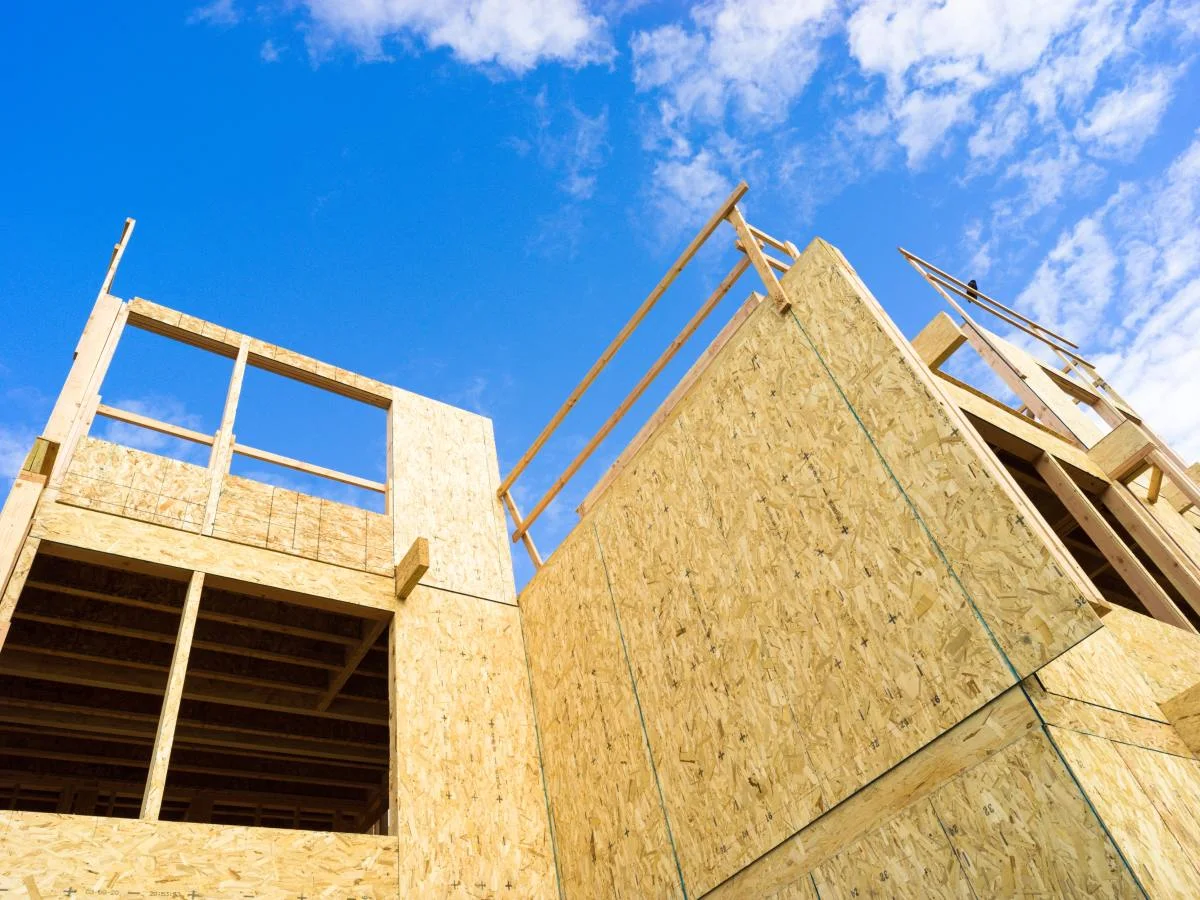
B.C. building codes could be set to change after deadly 2021 heatwave
Last year’s deadly B.C. heatwave led officials to potentially change building codes to prepare for future weather events.
The 2021 B.C. heatwave was responsible for 619 fatalities, many of them vulnerable and the elderly — and many of whom lived without air conditioning. This had led city officials to potentially change building codes to prepare for future weather events.
In the winter season, landlords are expected to maintain indoor temperatures of about 21 C, and utility providers are banned from cutting off heat to consumers. However, no similar regulation exists to deal with excessive heat in the summer within the province.
DON’T MISS: Scientists warn future temperatures will test humans' ability to survive
“The lower mainland of British Columbia has traditionally not been a centre for air conditioning applications…up until lately,” Ron Rapp, CEO of the Homebuilder Association Vancouver, told The Weather Network. With temperatures well into the 40 C mark in the B.C. interior at the end of June last year, air conditioning units could have made a world of difference.
Rapp explained that these discussions come on the heels of many other initiatives by city officials. The goal of reducing emissions and overall carbon footprint when building a home is top priority for him and his organization. There has been a move toward greener options such as heat pumps, which both heat and cool your home by using ambient air making it more efficient by lowering the Delta T (the difference in temperature) that you are attempting to heat or cool. These options, while efficient and an environmentally friendlier choice, can be costlier.
Although this all sounds like a reasonable idea and air conditioning is becoming more of an affordable option for homes, it still does come at a price. If people are not used to not having air conditioning on the coast, it might take some convincing, especially if heat outbreaks are relatively short-lived in a season. Rapp added, “You could be looking at an additional $18,000-$25,000 in costs to address a new mechanical system, that’s going to take a bite.” Homeowners still may opt-out of what could very well be a life-or-death utility.
WATCH: HEATWAVES FOSTER WILDFIRES. HERE’S HOW TO PREPARE FOR AN EVACUATION.
“In the last 10 years, the demand and the awareness of cooling requirements particularly from new home purchasers have gone up significantly,” said Rapp. The weather data would support this demand as we continuously see a consistent rise in overall temperatures across coastal B.C. with early 2021 being anomalously high.
MUST SEE: Report on B.C. heat-dome deaths urges wide support for at-risk populations
There has been some progress made in order to adapt to the warming conditions. Landlords will soon have to maintain a temperature of no more than 26 C with the windows closed for buildings of a certain size. The city of Vancouver is set to make this change in 2025.
In addition to the discussion around cooling options for future events, this spring the provincial government began issuing a provincial Heat Alert and Response System, which alerts people, First Nations, and local governments of heat warnings and extreme heat emergencies.
Thumbnail courtesy of Unsplash.






